Importance of Scannable Driver Licenses in the United States
Importance of Scannable Driver Licenses in the United States
The importance of scannable driver licenses (such as Maine fake ID, New Mexico fake ID, Vermont fake ID, and Delaware fake ID, among others) in the United States is a rather important topic that touches on all aspects of daily life, public safety, technological advancement, and national security. Below is a comprehensive exploration of the subject that goes beyond the basics to provide a nuanced understanding of the impact of scannable driver licenses in the United States.
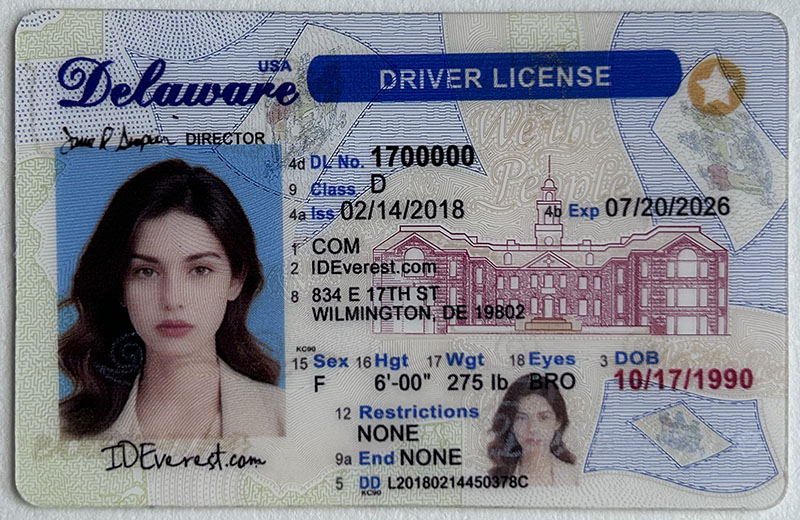
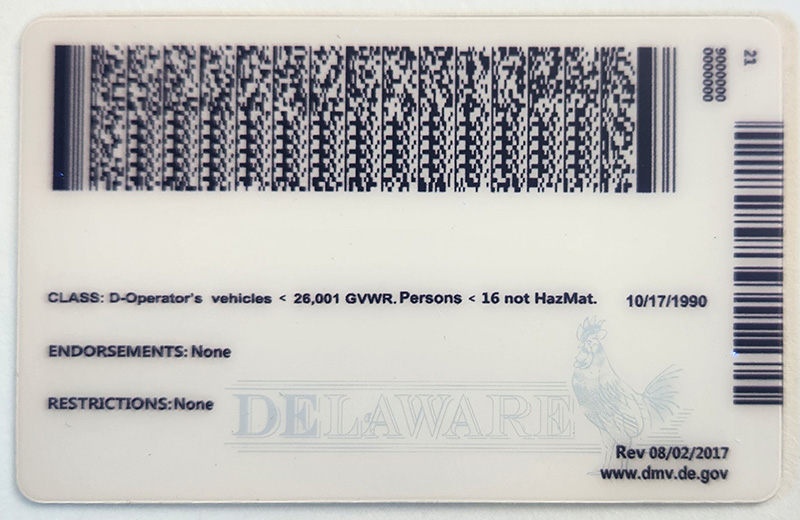
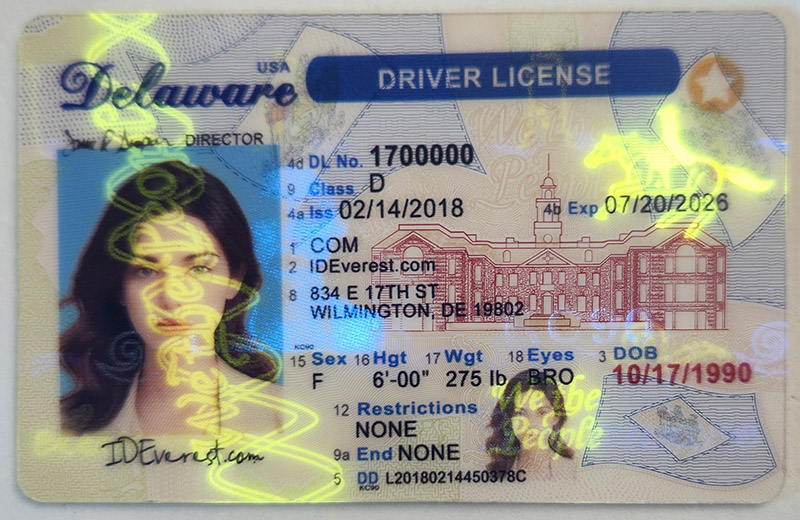
### Introduction
A scannable driver license, commonly referred to as a machine-readable driver license (MRDL), is a form of identification that contains encoded information that can be read by an electronic device. This technology has revolutionized the way driver licenses are used and perceived, transforming them from mere paper documents to powerful tools for verification, security, and convenience.
### Public Safety and Law Enforcement
#### Enhanced Authentication
One of the most important advantages of scannable driver licenses is their ability to enhance authentication. Law enforcement officers can quickly scan a driver license to obtain a wealth of information, including the driver's name, address, date of birth, and any associated warnings or suspensions. This real-time access to information enables law enforcement officers to make informed decisions on the spot, reducing the risk of misidentification and improving the overall efficiency of law enforcement.
#### Crime Prevention and Detection
Scannable driver licenses also play a vital role in crime prevention and detection. By cross-referencing a driver's information with national databases, law enforcement agencies can quickly identify individuals with criminal records, arrest warrants, or other red flags. This feature helps keep dangerous individuals out of the police force and ensures that law enforcement resources are used for the most pressing threats.
#### Traffic Safety
In addition to crime prevention, scannable driver licenses can also improve traffic safety by helping police quickly identify and address dangerous driving behavior. For example, if a driver is caught speeding or driving under the influence, their driver license can be scanned to check for any violations or license suspensions. This information helps police determine the appropriate response and ensure that dangerous drivers are held accountable.
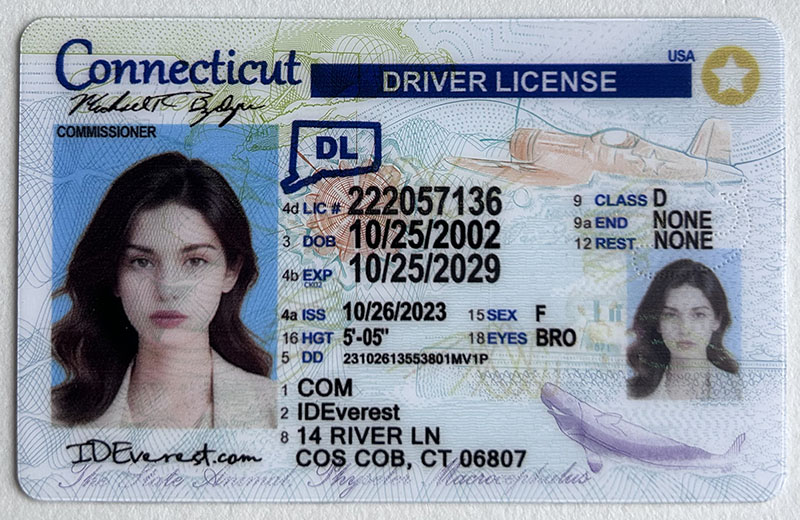
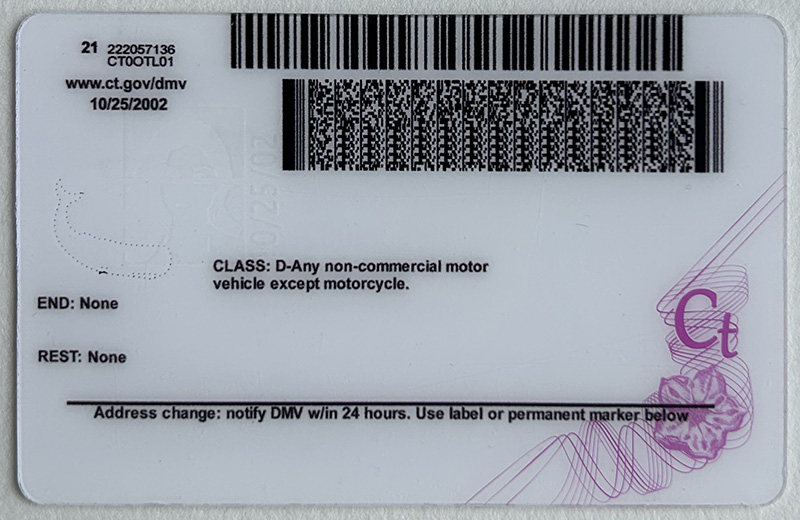
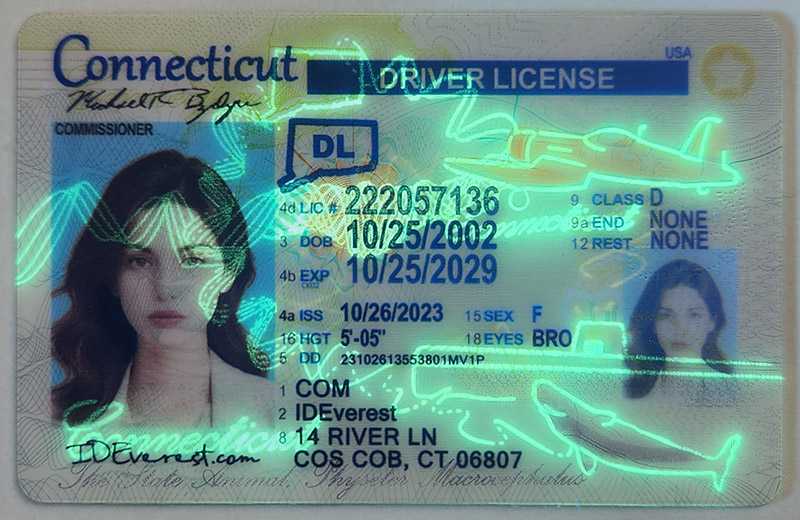
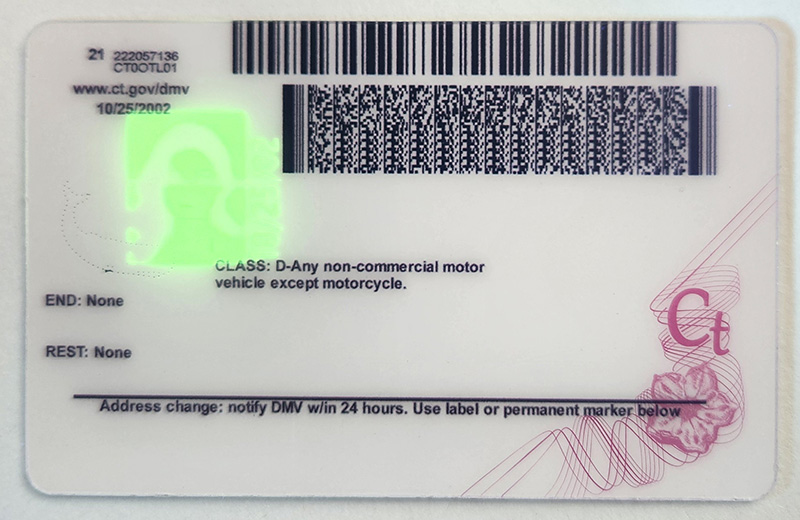

### Convenience and Efficiency for Citizens
#### Seamless Transactions
Scannable driver licenses provide great convenience to citizens in a variety of situations. For example, when shopping at a liquor store or drugstore, a quick scan of a driver’s license can verify a customer’s age and identity, without the need for manual entry or extensive paperwork. This not only saves time for customers, but also reduces the risk of human error or fraud.
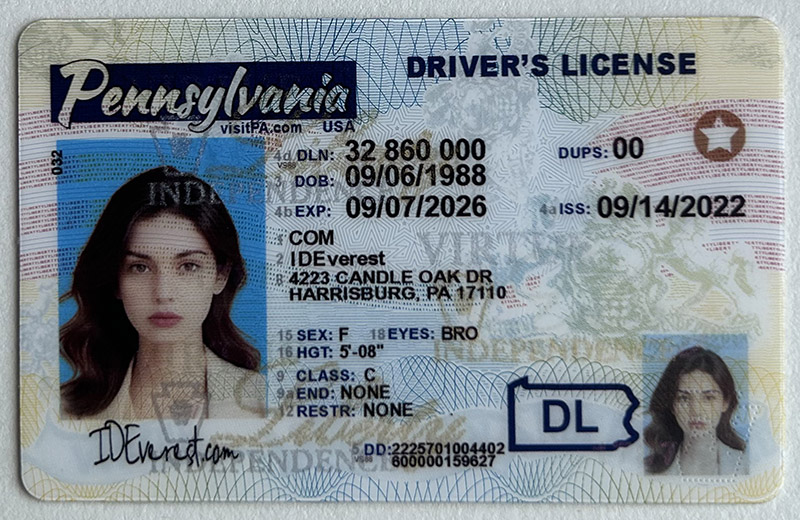
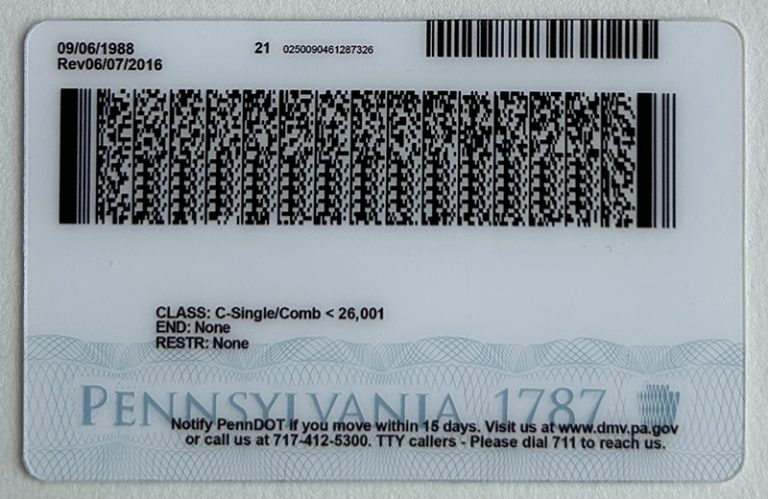
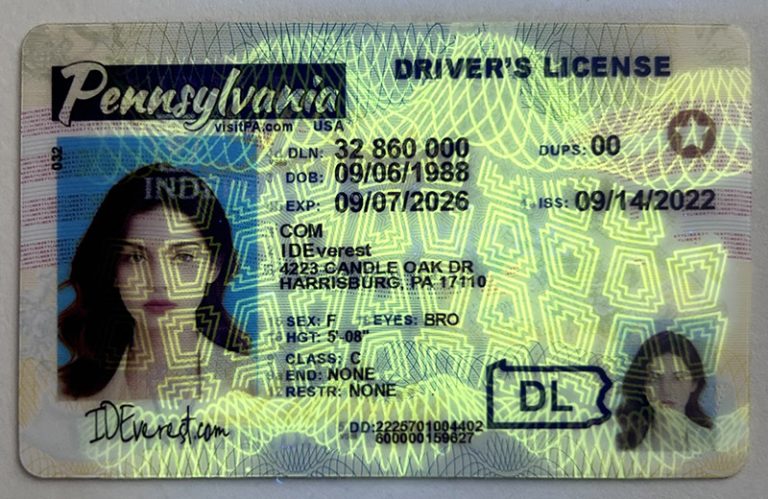

#### Digital Integration
The advent of digital driver’s licenses has further improved citizen convenience. These digital licenses can be stored on a smartphone or other mobile device and accessed using a specialized app or reader. This allows drivers to quickly and easily produce their license even when they don’t have their physical wallet or license. Digital driver’s licenses also provide additional security, allowing lost or stolen licenses to be revoked or replaced remotely.
### Data Accuracy and Completeness
#### Real-Time Updates
Scannable driver’s licenses can be linked to state databases, allowing driver information to be updated in real time. This means that any changes to a driver’s address, name, or other personal information can be immediately reflected on their license, reducing the risk of outdated or incorrect information. Real-time updates also ensure that driver’s licenses remain accurate and serve as a reliable tool for identity verification and law enforcement.
#### Enhanced Verification Processes
The machine-readable information on scannable driver licenses can be used to enhance verification processes in various sectors such as healthcare, finance, and employment. By scanning driver licenses, organizations can quickly and accurately verify the identity and qualifications of people, thereby reducing the risk of fraud and identity theft. This is particularly important in industries where security and compliance are critical, such as financial institutions and healthcare providers.
### Technological Advancements and Innovations
#### Convergence with Smart Cities
As smart cities continue to develop, scannable driver licenses can play a key role in facilitating seamless interactions between citizens and city infrastructure. For example, they can be used to quickly and efficiently access public transportation, parking facilities, and other city services. This convergence not only brings convenience to citizens, but also supports the overall efficiency and sustainability of the urban environment.
#### Future Innovations
The potential for future innovations in scannable driver licenses is huge. For example, with the advent of blockchain technology, states can create an immutable record of driver information, further enhancing data integrity and security. In addition, the convergence of artificial intelligence and machine learning could lead to more sophisticated verification processes and the development of new use cases for scannable driver licenses. These innovations may include the use of biometrics, such as facial recognition or fingerprints, to further secure and authenticate driver licenses.
### National Security and Compliance with Federal Standards
#### REAL ID Act
The REAL ID Act, passed in 2005, establishes minimum security standards for driver licenses and identification cards issued by states. These standards include the use of machine-readable technology, tamper-resistant materials, and verification of identity documents. By complying with the REAL ID Act, states can ensure that their driver licenses are considered a valid form of identification for federal purposes, such as boarding domestic flights and entering federal facilities.
#### Strengthening National Security
Scannable driver licenses that meet federal standards, such as the REAL ID Act, help strengthen national security. These licenses contain additional security features and verification processes to ensure that they are tamper-resistant and difficult to forge. This protects the integrity of the nation's identification system by reducing the risk of identity theft and other forms of fraud associated with driving credentials.
#### Facilitating Cross-Border Travel
In addition to strengthening domestic security, scannable driver licenses can facilitate cross-border travel. Many countries require proof of identity and citizenship upon entry, and scannable driver licenses that meet international standards can serve as valid proof of identification in these situations. This feature helps ensure that U.S. citizens can travel safely and efficiently when traveling abroad.
### Conclusion
In summary, the significance of scannable driver licenses in the United States is far-reaching and multifaceted. They improve public safety and law enforcement, provide convenience and efficiency to citizens, ensure data accuracy and integrity, promote technological advancement and innovation, and strengthen national security and compliance with federal standards. As technology continues to evolve, we can expect to see further enhancements to scannable driver licenses, making them safer, more efficient, and more convenient for all users.
The integration of scannable driver licenses into all aspects of daily life is a testament to their versatility and importance. From ensuring road safety to facilitating seamless interactions in smart cities, these licenses are becoming an increasingly indispensable tool for modern life. As we move forward, it is critical that we continue to invest in and improve this technology to ensure it remains a reliable and secure identification and verification tool for the United States.
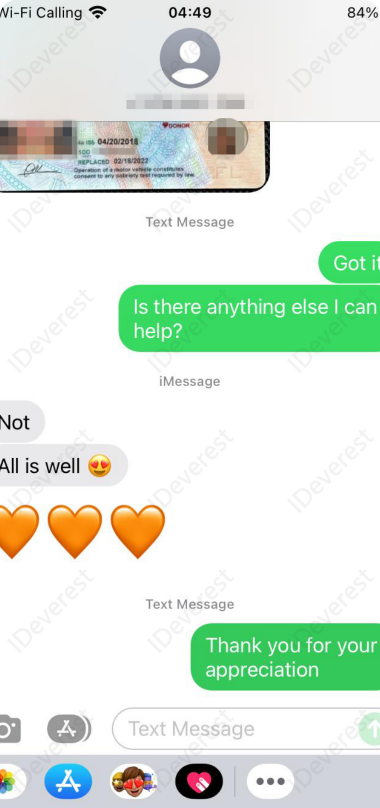 Mississippi Fake ID
Mississippi Fake ID
 Missouri Fake ID
Missouri Fake ID
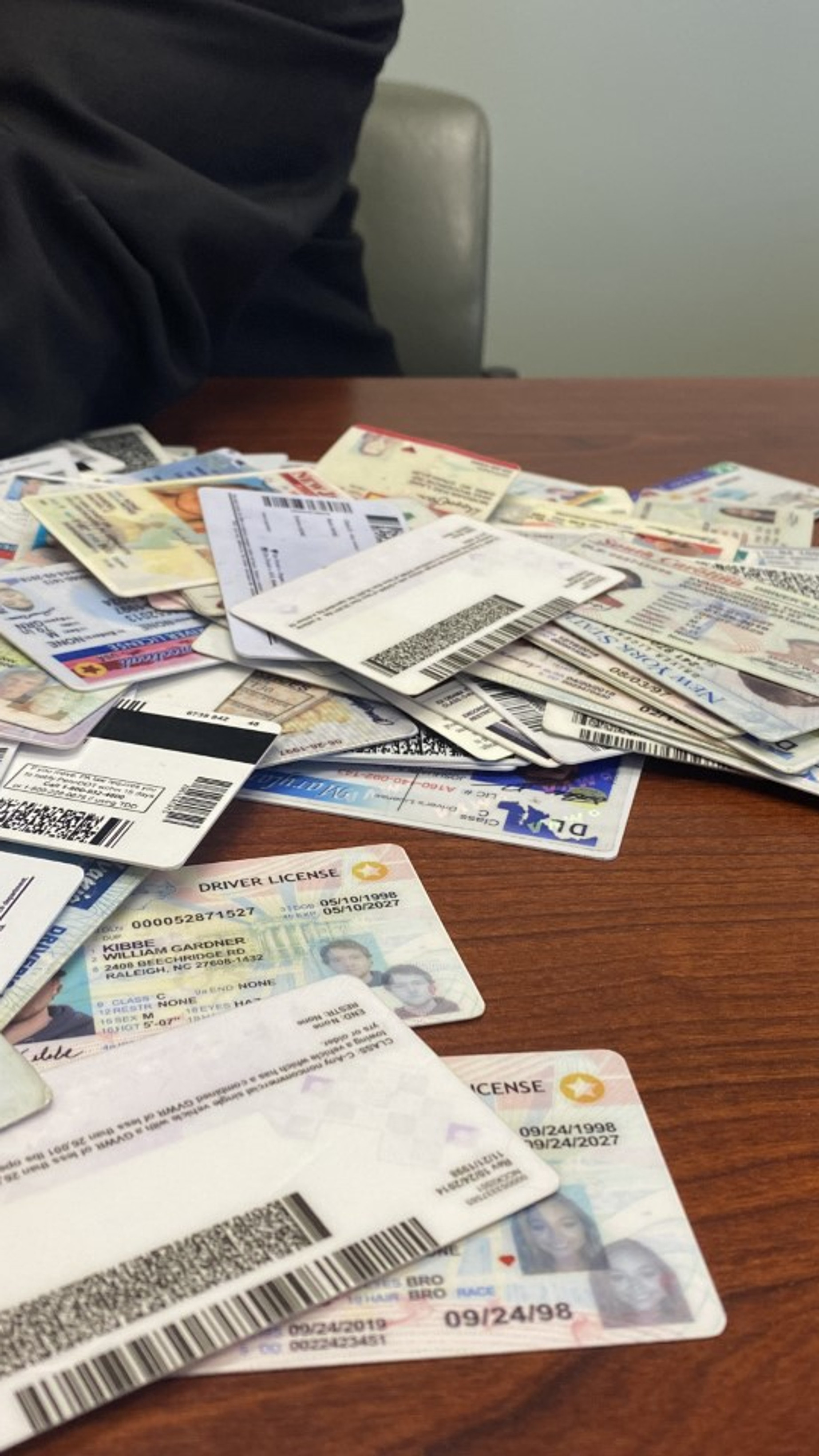 Personalized ID cards Illinois
Personalized ID cards Illinois
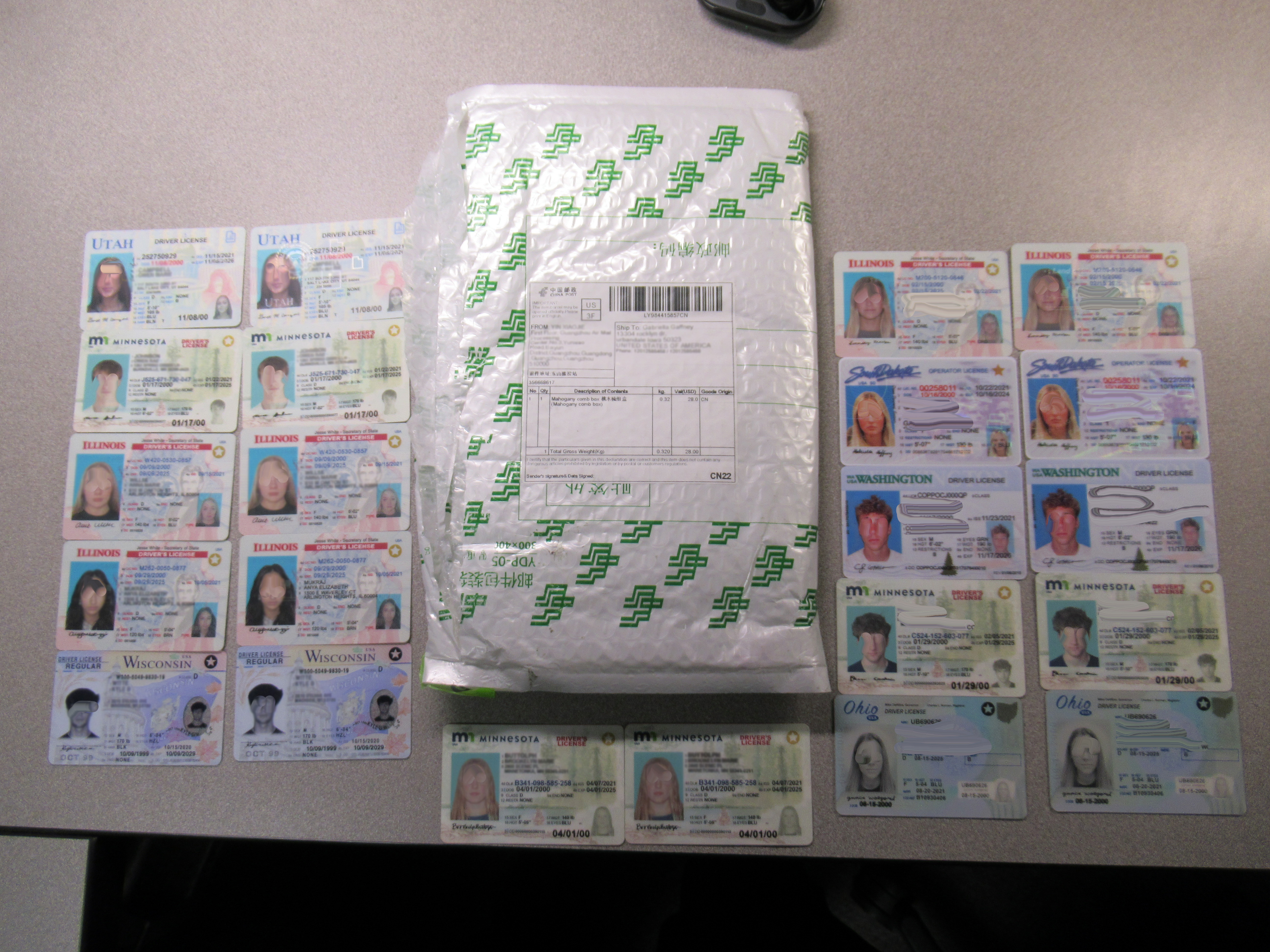 Fake ID Reviews
Fake ID Reviews